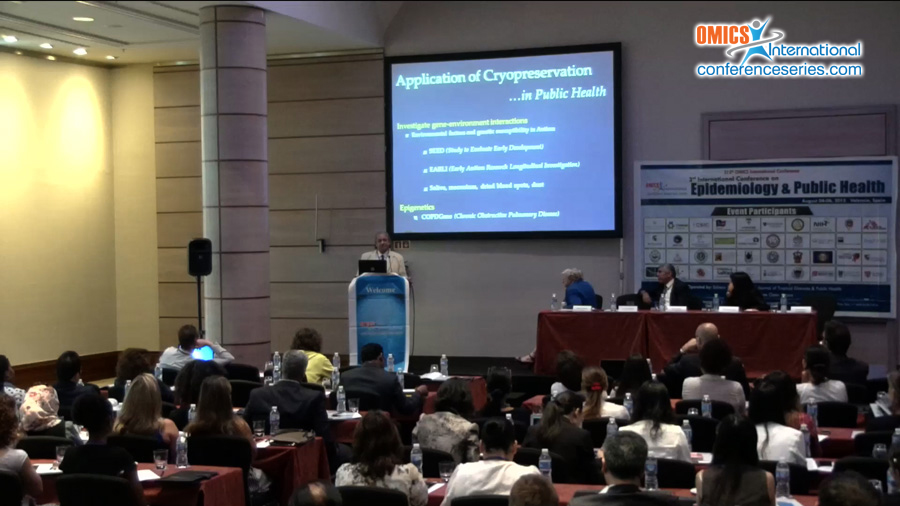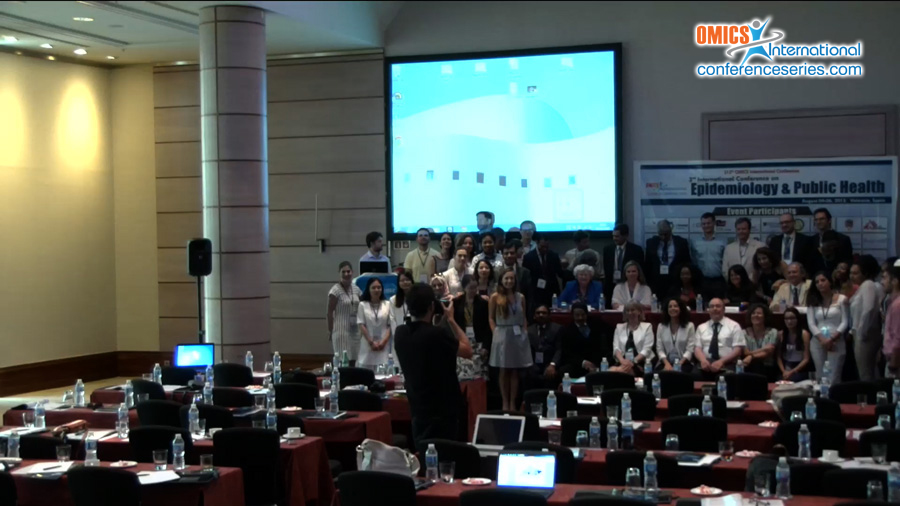
Homayoon Farzadegan
Johns Hopkins Bloomberg School of Public Health, USA
Title: Critical role of large scale academic repositories in epidemiology and public health
Biography
Biography: Homayoon Farzadegan
Abstract
Sequentially obtained biological samples stored at optimal frozen condition provide a powerful tool in epidemiological studies to address the role of biomarkers in epidemiology and public health. Cryogenically maintained sequentially collected specimens from participants of cohort studies or epigenetic studies are successfully used in non-concurrent prospective studies to determine and evaluate predictive values of potential biomarkers. At Johns Hopkins School of Public Health, 2.5 million blood samples were collected and stored at specific time intervals to address natural history of infectious diseases, potential gene-environment correlations in disease progression. The Johns Hopkins Biological Repository (JHBR) included more than 30 cohort studies of infectious disease or epigenetics of diseases on unknown etiology. Important biomarkers such as HIV-1 viral load as predictor of progression to AIDS or effectiveness of antiretroviral treatment were discovered. Using frozen specimen collected in multicenter cohort studies (MACS) or the study of HIV among IDU’s collected since 1984-1988 were utilized to address the side-effects of HIV treatment as well as chronic disease among HIV survivors. COPD gene studies including 10,000 participants and Autism genetic studies including hundreds of parents and Autistic children utilized frozen DNA to study the genetic association with these diseases. Examples of data from these studies will be presented describing technical, structural the functional aspects of cryogenic facilities, frozen specimen and study designs in epidemiological studies.


